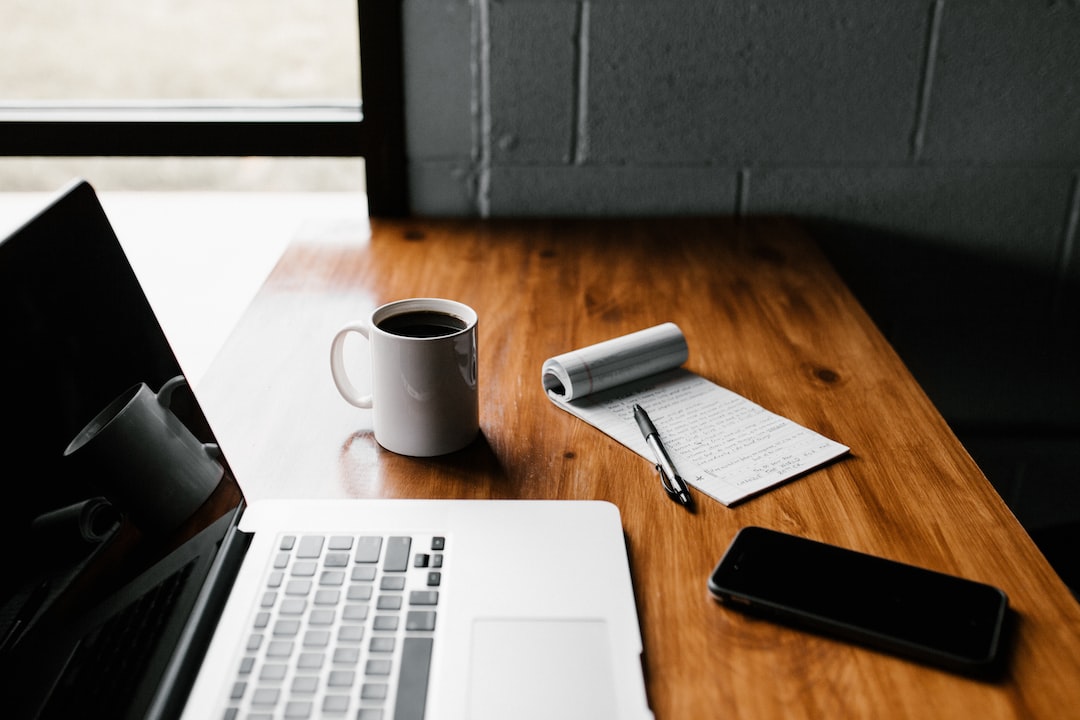The Importance of Home Inspections: What to Look For
When it comes to purchasing a new home, it is crucial to conduct a thorough home inspection. Many buyers often overlook the significance of this step, assuming that everything looks good on the surface. However, there could be underlying issues that can cause major problems down the road. In this blog post, we will discuss the importance of home inspections and what to look for during the process.
First and foremost, a home inspection can provide you with a comprehensive assessment of the property. A professional inspector will examine the structure, roof, foundation, plumbing, electrical systems, HVAC, and other crucial aspects of the house. This detailed inspection can help identify any existing or potential issues that may require immediate attention or repair. By uncovering these problems early on, you can make an informed decision whether to proceed with the purchase or negotiate for repairs or a lower price.
One of the key benefits of a home inspection is the peace of mind it offers. Knowing that your potential new home has been thoroughly inspected and is in good condition can provide reassurance in your investment. On the flip side, if issues are found during the inspection, you can have the opportunity to renegotiate the terms or even walk away from the deal altogether.
During the inspection, pay careful attention to the structural integrity of the house. Look for signs of foundation cracks, settlement, or uneven floors. These issues can indicate structural issues that may be costly to repair. Additionally, examine the roof for any signs of leaks or damage, as this can lead to water damage inside the house. Plumbing and electrical systems should also be checked to ensure they are in proper working order.
Another crucial aspect to consider is the exterior of the home. Check for water drainage issues, as poor drainage can cause water to accumulate near the foundation, leading to potential damage. Inspect doors, windows, and siding for any signs of damage, such as rot or decay. Adequate insulation and ventilation are also important to maintain a comfortable living space and energy efficiency.
In addition to the major systems, it is important to inspect the less obvious areas of the house. This includes crawlspaces and attics, where issues like mold, pest infestation, or inadequate insulation can be found. Look for signs of water damage or dampness, as this can indicate leaks or poor ventilation. Inspecting the interior of the house thoroughly will also help identify any cosmetic issues such as cracks, peeling paint, or uneven flooring.
Overall, a home inspection is a vital step in the home-buying process. It provides peace of mind, uncovers hidden issues, and helps you make an informed decision. Remember to hire a reputable and licensed inspector who has experience in the type of house you are considering. An objective and unbiased inspection can save you from costly surprises and ensure that your new home will be a safe and comfortable place for you and your family for years to come.
